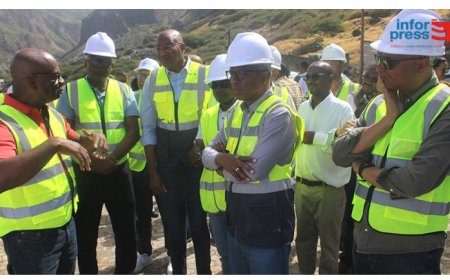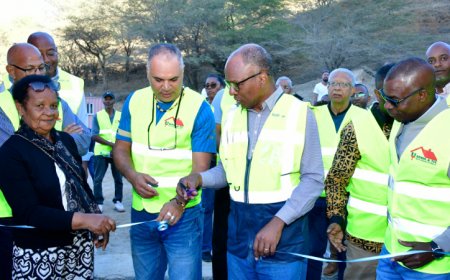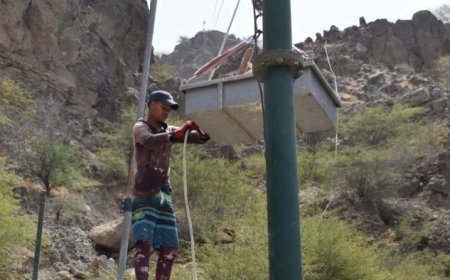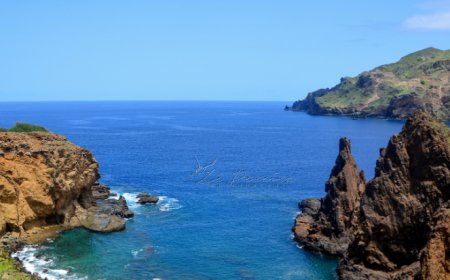Toyota Tsusho to build two desalination plants on Santiago Island
Toyota Tsusho has signed a contract with the government of Cape Verde to build two desalination plants and new water pipelines in Santiago, in a 15.3 billion yen (9.48 billion CVE) project financed by JICA. The work is due to be completed in 2028 and aims to strengthen the water supply and reduce dependence on underground sources.
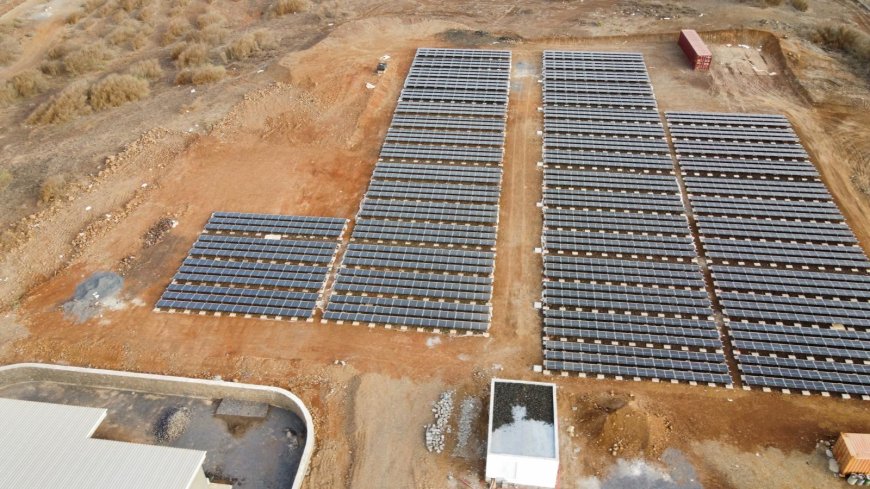
The Japanese company Toyota Tsusho Corporation has announced that it has signed a contract with Cape Verde's National Water and Sanitation Agency (ANAS), under the supervision of the Ministry of Agriculture and Environment, for the construction of two seawater desalination plants and new distribution pipes on the island of Santiago. The agreement was formalized on October 27.
The project, valued at 15.3 billion yen (9.48 billion CVE.) and financed by an Official Development Assistance (ODA) loan from the Japan International Cooperation Agency (JICA), constitutes Toyota Tsusho's second desalination initiative in Africa, following a similar venture in Senegal in 2022.
Cape Verde faces a chronic shortage of water resources due to low rainfall and limited groundwater. Increased demand, driven by the growth in tourism and improved living conditions, has exacerbated the pressure on the supply system, especially in Santiago, where around half of the country's population lives.
Two plants will be built: one in Calheta, in the north of the island, with a capacity of 10,000 m³ per day, and another in Palmarejo, in the south, with 5,000 m³ per day. The project also includes the installation of new large-scale pipelines and storage reservoirs, integrated into the existing supply network. Completion of the works is scheduled for 2028.
According to Toyota Tsusho, the aim is to strengthen the water supply infrastructure, promote the sustainable use of underground resources and contribute to adapting to climate change.
Under the motto "With Africa, for Africa", the company reaffirms its commitment to supporting sustainable development and strengthening local communities through social infrastructure projects on the continent.



























